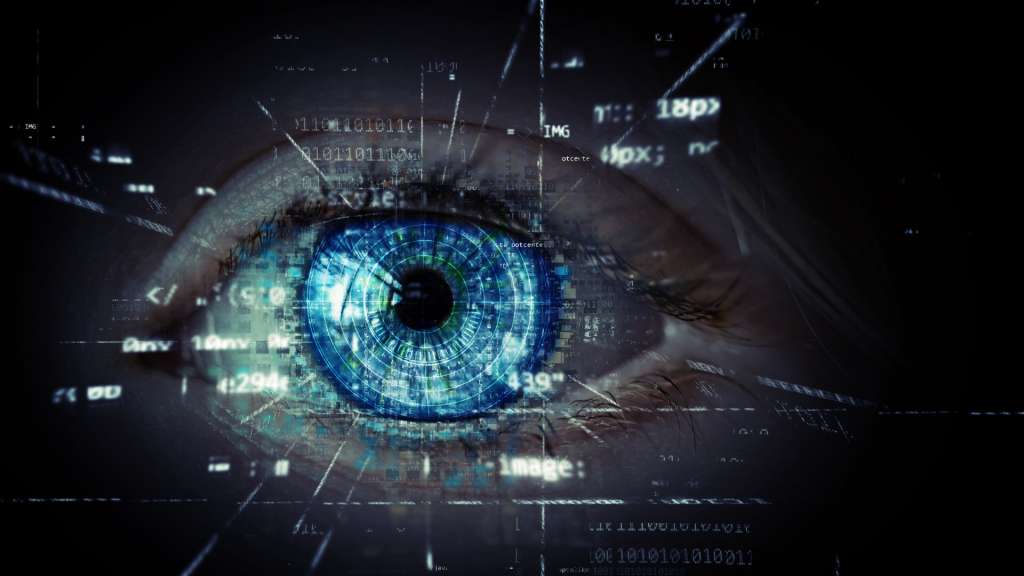One of the main things modern technology has been supposed to do is to make our lives easier. It is also supposed to extend our reach in terms of performing tasks that would have otherwise been impossible, but this other purpose of modern technology is not a focus of this present article. Anyway, modern technology has consistently been developed to make more and more of our daily jobs and our daily lives both more frictionless and more mediated. In terms of physical work, it means we have to exert less physical effort. Jackhammers and electric saws are just two of the power tools workmen use today to make their lives easier. Consumers have vacuum cleaners, washing machines, dishwashers and microwave ovens as well as the Internet of Things to integrate them all in order to make their daily lives more effortless. A whole bunch of different devices have been created to make office work easier culminating in the computer, smartphone and tablet. The whole task of typing something has been made very frictionless as a result of the invention of a computer. So much so that many office people type up their own documents and don’t need a secretary anymore. And the notion of oral communication has been made much more effortless with the invention of a smartphone. One no longer has to be in the office to have office conversations. And with the invention of zoom, one can have meetings with people everywhere and these include the visual presences of people as well as the vocal presences. One can truly say that the world today is at our fingertips. And life is no longer quite so nasty and brutish.
But, at the same time, something very basic has been lost with all this ease of living: the lack of opportunity to make and preserve organic imprints on the surfaces of our fields of experience. And this is because our fields of experience have become basically experiential vacuums. And we are so immersed in these experiential vacuums, and we are so numb as a result, that even if we had the opportunity to make and preserve a lot of meaningful organic imprints against our modern technological backdrops, we would be unable to do so. We have become primarily passive consumers rather than proactive participants in our lives. We have lost the traction that comes from having a lot of organic stimulation from a traditional natural living environment, the traction that we need in order to have vibrant life experiences and in order to prepare for death with rich preserved imprints that all together create a surrogate immortality to help a person prepare for death. Traction is needed to prevent us from sliding off the surface of our field of experience. We need traction to bond with other people and to have experiences with them and to engage in events with them.
And we need texture in the things that we touch and use. Polished surfaces create an ease of movement, but the movement can be so smooth, that afterwards we are not sure that we actually experienced it. Polished surfaces are usually the result of manufacturing. Texture usually comes in those things that are handmade. Handmade things tend to be more unique and special and generate a greater sense of bondedness and grounding in the people that possess them. Somehow, many people in modern technological society sense this, which is why so many of them like to visit folk societies where such handmade things are commonly made. Societies which tend to live closer to nature and whose creations reflect this.
So, we can buy handmade items from folk societies to obtain some texture, but how do we obtain some traction. We are obviously not going to return to the intense primary experiences of preliterate tribes or traditional villages. Given our present numbing existence in modern technological living environments, we would be overwhelmed by all the organic stimulation and by the immediacy of experience if we tried to jump in as it were and imitate these traditional societies right away. But perhaps, if we had a little humility in our attitudes to these older social organizations, we could extract some things from their ways of living that could act as antidotes to the growing numbness that we all experience as a result of the increasing spread of modern technology into more and more areas of modern life. If we could just accept the fact that different ways of life have different advantages, and that our belief in a kind of linear progress is something that perhaps should be reexamined, perhaps we could learn something from these people that so many of us have tended to look down on. Perhaps our ways aren’t so superior in every area of life. And although we can’t restore all the nature that has been covered over by modern technology, we can reconnect with nature through connecting with people who still maintain more traditional ways. Such people are relatively scarce in today’s world, and for that reason, they are all the more valuable.


























